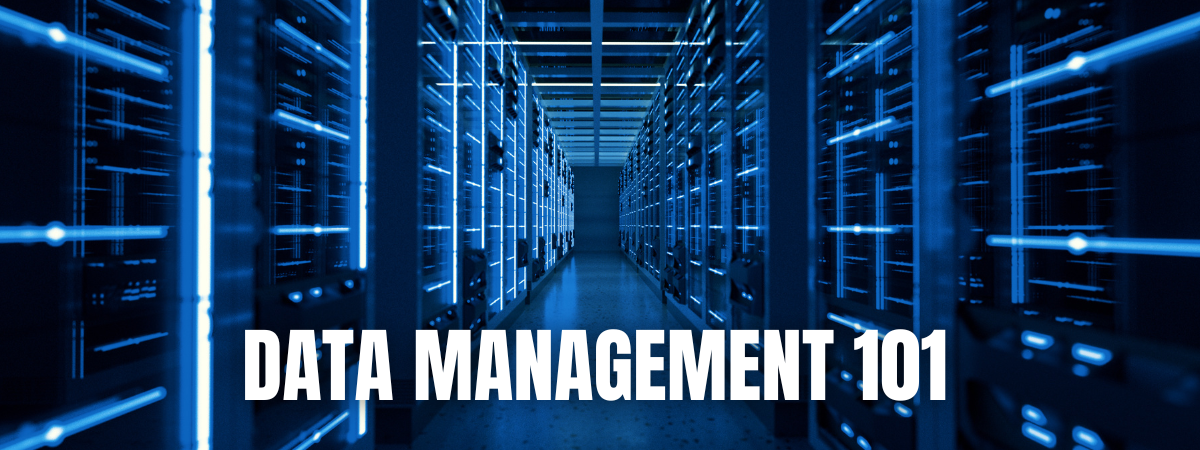
Best Data Management Practices For Businesses
Data management is collecting, storing, organizing, and using data to support a business’s goals and objectives. It can help companies to improve their decision making, efficiency, compliance, and innovation. However, data management can also be challenging, as it involves dealing with large volumes, variety, and velocity of data and ensuring data quality, security, and governance.
Many best practices for data management can help businesses overcome these challenges and leverage the power of their data.
- Define your strategy and goals for your data management.
- Measure and set the correct metrics.
- Effective communication.
- Data stewardship.
- Integrate your data.
- Make sure that you have the proper security.
Define your management strategy and goals.
It is essential to have a clear and achievable data strategy that aligns with your business vision and objectives. Your business should first identify what data it needs and where it will get it. You will also need to know how it will use it to measure its impact.
Start small and think of the big picture.
Managing a lot of data can be overwhelming if you try to do everything simultaneously. You should prioritize your data initiatives based on their value and feasibility and start with smaller projects that can deliver quick results that help to build momentum.
Set the right metrics.
Data management is collecting and storing data and using it to drive business outcomes. Your business should define and track Key Performance Indicators that will help measure the effectiveness and efficiency of your data management processes. This will allow you to leverage the best data while optimizing your return on investment.
Build effective communication.
Data management requires collaboration and coordination across different teams and departments. For an effective communication, your business should establish clear roles and responsibilities with your companies data ownership, accountability, standards and data policies.
Data Stewardship.
Data stewardship ensures data quality, consistency, and availability throughout its lifecycle. Data stewards are the people who are responsible for defining, documenting, and enforcing the rules and standards for data creation, maintenance, and usage.
Integrating your data and applications.
Data integration combines data from different sources and formats into a unified and consistent view. It can help businesses gain a holistic and comprehensive understanding of their data and enable cross-functional analysis and reporting. Integrating data requires careful planning and design to ensure it gets executed properly.
Implement the best data security practices possible.
Data security protects data from unauthorized user access, modification, or disclosure. It is essential for maintaining data confidentiality, integrity, and availability and complying with legal and regulatory requirements. This type of data security involves robust encryption, access control, authentication, backups, and cybersecurity training.
These are some of the best practices for data management that can help businesses succeed in the data-driven era. However, it is not a one-time or static process but a continuous and dynamic one. Businesses should constantly monitor, evaluate, and improve their management practices and adapt to their data environment’s changing needs and expectations.
If you have any questions about data management for your business please contact System Protection Partners today! We are your global IT team.


